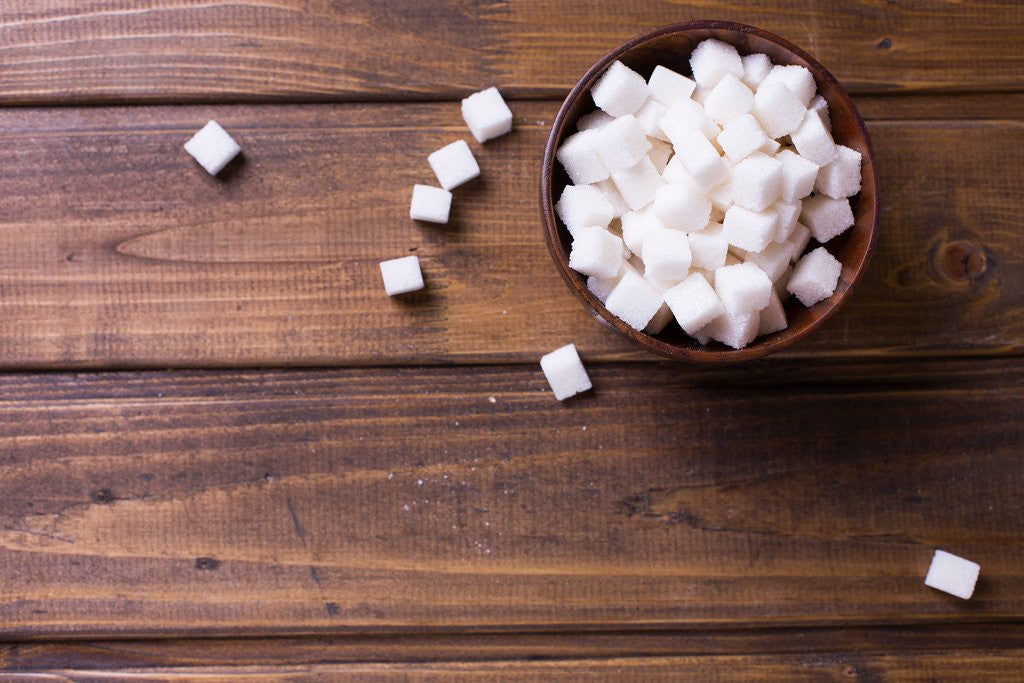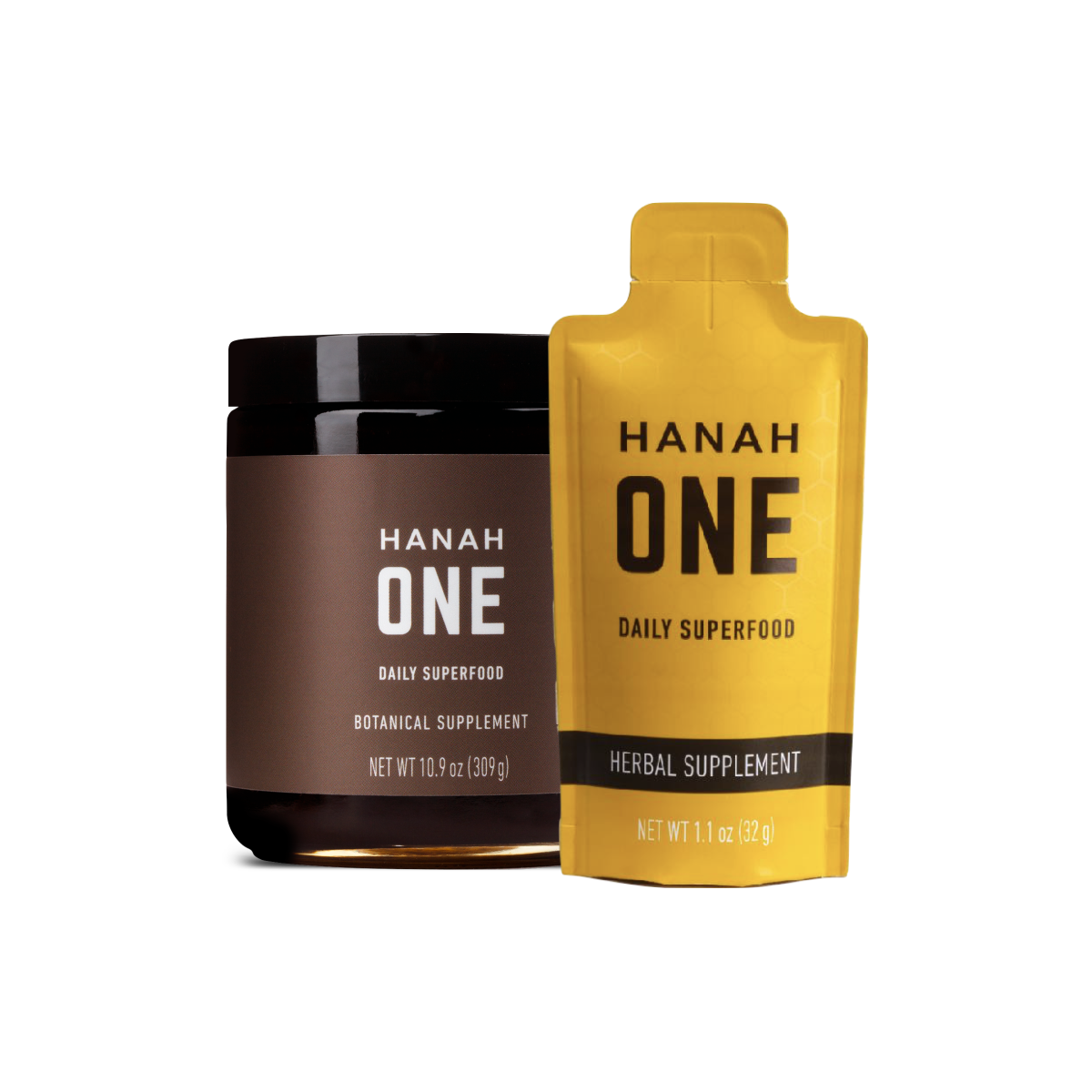Sugar 101: all sugars are not equal

We've been bamboozled when it comes to sugar, but really, it’s simple: Natural sugars are good in moderation; refined sugars are bad. Really bad.
So what’s the difference?
Natural cane sugar is loaded with vitamins, minerals, enzymes, fibers and phytonutrients that help the body digest naturally occurring sugars. Cane sugar also contains vitamins A, C, B1, B2, B6, niacin, and pantothenic acid, which work synergistically with the minerals to nourish the body. Cane sugar also contains a unique mix of compounds called polyphenols, phytonutrients with powerful antioxidant properties and numerous potential health benefits. The polyphenols, vitamins, and minerals present in cane sugar help slow down the absorption of the sugars and prevent the sharp rise in blood sugar levels associated with refined sugar.
White sugar is heavily refined
During refinement, sugarcane is boiled at high temperatures, which destroys the enzymes and many of the nutrients present in the sugarcane. Then it’s crystallized through evaporation and further processed with phosphoric acid, formic acid, sulphur dioxide, preservatives, flocculants, surfactants, bleaching agents and viscosity modifiers. If this sounds horrible, it's because it is. Your body does not even recognize refined sugar as a food. It’s a chemical. And all that processing removes minerals required to digest sugar, including calcium, phosphorous, chromium, magnesium, cobalt, copper, iron, zinc and manganese. When you eat refined sugar, your body must use stored nutrients to digest it. This “leaching” robs calcium and other minerals from your bones, tissues and teeth.
According to Ayurvedic tradition, natural sugar cane and honey are not mere sweeteners. They function as transporters of nutrients and are fundamental to assisting the body in absorbing and processing the benefits of the other botanicals within the formula. HANAH ONE contains less than 10 grams of sugar per tablespoon. This is less than the sugar present in 8 ounces of kombucha or in a medium peach, which contains 13 grams. Even a medium sized tomato contains 3.2 grams of sugar.
So what to do?
The body does need sugars as part of a balanced diet, and many foods contain natural sugars. If you require additional sugar for recipes or sport, look for natural cane sugar, non-refined, or use honey.
DISCLAIMER
Statements throughout this publication have not been evaluated by the FDA. These products are not intended to diagnose, treat, cure or prevent any disease process.







Leave a comment
This site is protected by hCaptcha and the hCaptcha Privacy Policy and Terms of Service apply.